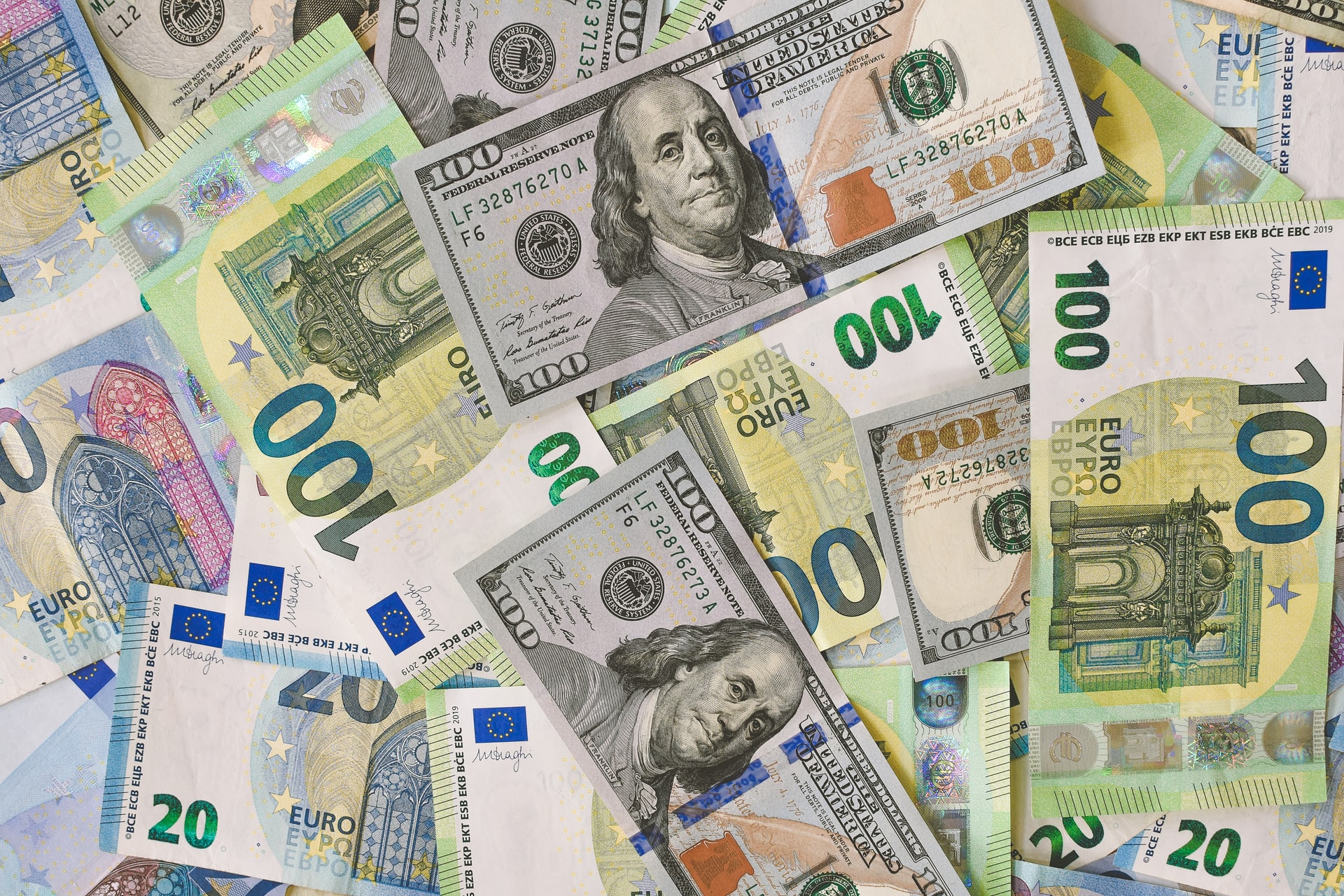How does inflation impact the music industry?
Inflation is directly related to purchasing power – which refers to a certain currency’s value in terms of the number of products or services one can buy with one unit of money.
Inflation directly affects a currency’s purchasing power, as it decreases the number of products or services that you’re able to purchase.
The decline in purchasing power is typically reflected in the prices of basic goods. A rise in the price of a grocery bag over a specific period of time reflects a decrease in purchasing power, i.e. inflation.
The creative industries are directly affected by inflation, as it discourages people from spending money on entertainment.
Therefore, these industries have to constantly adapt to the ever-changing business environment and respond to a myriad of socio-economical and political factors to survive.
What is the current state of inflation?
Inflation is caused by circumstances such as:
- An increase in public spending e.g. the government needs to subsidise salaries due to Covid-19
- An increase in exports e.g. when a country decides to export goods to other countries instead of selling them to its citizens
- Black money e.g. tax evasion and corruption
- Deficit financing e.g. when a government borrows money from the public to cover extra expenses
- The expansion of the private sector e.g. when private companies take over public services
- Natural disasters e.g. hurricanes, pandemics, etc.
- International factors e.g. wars in the region, sanctions, trade agreements etc.
Currently, labour shortages due to the pandemic are impacting inflation levels all across the globe.
Labour shortage goes hand in hand with unemployment. Many individuals who were forced to leave the workforce as a result of the pandemic are now depending on unemployment benefits to make ends meet.
Furthermore, consumer demand is volatile. Companies operating in high demand industries such as the medical field, agriculture and shipping have fewer workers but they still have to churn out an extortionate number of products and services. In many countries, the government had to step in to save certain key companies from bankruptcy and to subsidise salaries. All these factors create the perfect concoction for inflation.
Olivier Blanchard, from the Peterson Institute for International Economics (PIIE), examined the chances of inflation and deflation in the post-Covid world. According to Blanchard, avoiding deflation (which is the opposite of inflation) might prove to be a challenge: “Unemployment is exceptionally high, and even if, when the lockdown is relaxed, it will be partly matched by exceptionally high vacancies, it is hard to see a strong wage push on the horizon. Commodity prices have fallen and oil prices have collapsed”.
On the other hand, countries run by populist governments run the risk of economic collapse. These governments may be tempted to keep interest rates low to encourage spending. However, this leads to hyperinflation and a rapidly expanding economy that’s unsustainable in the long term.
In what ways does inflation affect the music industry?
Most music industry professionals are self-employed. They are entrepreneurs that have to purchase equipment, absorb upfront costs, pay other companies for their services, spend money on marketing and so on.
Tax increases on self-employed individuals or small businesses shift costs on consumers. In the current financial environment, consumers are less likely to spend money on entertainment if they deem the price as being too high. This directly impacts the artist’s income. They’ll be less able to continue running their business.
The Covid-19 lockdowns meant that grassroots venues were forced to close down. Those that managed to survive aren’t able to re-open at full capacity. Restaurants and bars that previously hosted artists on a regular basis are still recovering from lockdowns and restrictions. They’re experiencing increasing costs and low staff numbers, so they’re less likely to opt for freelance musicians to entertain their guests.
All of these factors influence artists’ decision to sustain a full-time career.
In the U.S. alone, “From 1999 to 2015, the number of musicians and singers slipped 20%; photographers, 24%; news analysts, reporters and correspondents, 29%; dancers and choreographers, 42%.” These numbers do not include freelancers.” These numbers are projected to continue shrinking as a result of the pandemic. [Source: Bureau of Labour Statistics]
According to a Musicians’ Union (UK) Survey, 34% of musicians “are considering abandoning the industry completely”. 50% have already found other jobs while 70% are operating at reduced capacity. A third of Musicians’ Union members didn’t qualify for the government schemes.
Digital disruption has been both a blessing and a curse. While there’s more access to music creation tools and music distro services, most musicians are finding it difficult to rise to the next level.
A top-heavy industry that favours established songwriters, labels and artists means that independent artists and songwriters are always the hardest hit when the going gets tough. Megastars and major labels occupy the top 10 charts, and the current trend of having a large team of songwriters behind every hit means that each songwriter only gets a minuscule portion of song royalties.
Final notes
Inflation has a direct effect on independent musicians’ income. A decrease in purchasing power means that people are less likely to spend money on merch products, albums, gig tickets etc. Streaming favours artists signed to major labels. Indie artists and songwriters are bearing the brunt of the digital music industry.
On the bright side, income diversification can assist artists in surviving the ramifications of the pandemic. Artists must adopt alternative revenue streams that don’t rely on touring to create a sustainable career for themselves in the Covid and post-Covid world.
Photo by Ibrahim Boran on Unsplash






